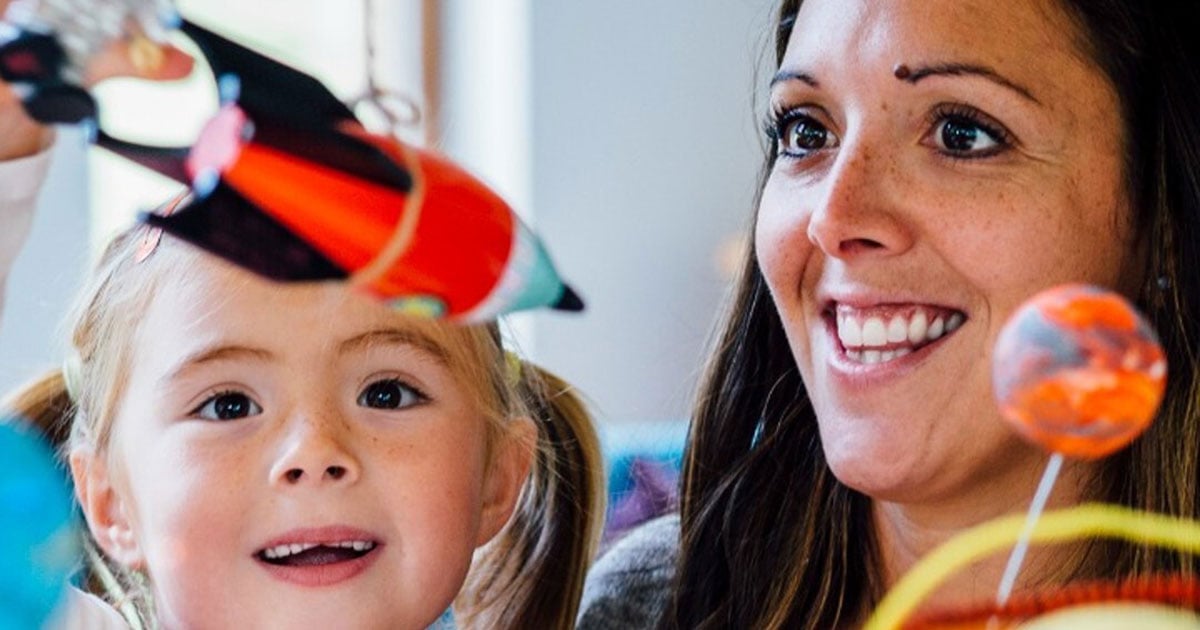During my son’s years as an elementary school student and most of the middle school, I liked his friends a lot.
He surrounded himself with sweet, curious, thoughtful kids who made good choices. Of course, they weren’t perfect and would get carried away as kids do when they are together, but there was never anyone who stood out as a bad influence, made my son feel poorly about himself, or was hurtful to the other children.
Then, he entered 8th grade and started hanging out with an entirely different group of kids who made questionable choices and weren’t very respectful towards me.

While I don’t think they were bad kids, I did notice the choices he started making, and the way he started acting was so different than the boy he used to be that it was hard not to point the finger at them.
And that’s what I did.
I didn’t want my son to hang out with his new friends
If I’m being honest, I didn’t want him hanging out with these kids; I wanted him to keep his friendships going with his old friends, and I told him as much.
I made some mistakes in dealing with this fragile situation — my son liked his new friends and wanted to spend time with them regardless of his mother’s thoughts.
When I told him I didn’t care for them and felt his newfound behavior of talking back, being rebellious, and getting into trouble at school had a lot to do with this new crowd, it didn’t stop him from wanting to be their friend. It probably made him more drawn to them.
But it also did something else: it shamed him and made him feel like I thought he wasn’t capable of making good decisions which affected our relationship.
Since I wouldn’t let him hang out with them, they started getting in trouble at school. He didn’t feel he could come to me about certain conflicts he was having because he didn’t want to hear me say, “I told you so,” or “why are you still friends with them?”
As parents, we have rules, yes. But we can’t choose our teens’ friends. I learned the hard way what a strain this put on our relationship. At the time, I thought I was doing right by my son, but I was handling it all wrong.
Grown and Flown spoke with a few experts to help guide parents through this delicate situation.
How to talk to your teens about their friends
1. Don’t talk to them like they aren’t smart enough to choose good friends.
Dr. Rose Hanna, Psy.D, who is in the Psychology Department at California State University Long Beach, and is a licensed marriage and family counselor, says the best way to go about this is to spend time with them by doing something they enjoy and having a conversation about it. “Ask them what they like about them and if they feel like they can have different opinions than their friends.”
The goal is to make your child feel comfortable to get them talking to you and remind them you are glad they are happy. Hanna also notes the importance of remembering this child that your kid is so fond of is someone else’s child, too. This helps us remember to demonstrate compassion.
2. Stop talking and listen.
Jodi Aman, a family therapist, and author, says you need to listen to what your teen likes about their friends. If we are interjecting too much, it takes away their ability to figure out if the relationship is harmful to them on their own. This is when you can discuss how they can be “kind, respectful, set limits, and protect themselves.”
This conversation is much more empowering for your child as it makes them feel less controlled and more capable of making healthy decisions.
3. Don’t point the finger at the friend.
Instead, treat your child like the bright, aware person they are, explains Dr. Abigail Weissman, PsyD. This will encourage them to be more open and honest and come to you.
4. Don’t contradict them or jump down their throat.
Weissman also adds that it’s important not to ask your child questions and then contradict their answer. If you need to say something like this, write it down instead to get it off your chest.
If you find yourself not approving of your teen’s friends, here’s what you should be doing, instead, according to the experts I talked to: It’s so important to ask your teen questions about why they like this friendship, if it makes them happy, and ask about some of the things are they like to do together.
Another option is to have the friend come to your house under your supervision to get a better feel for the situation.
Letting our kids know they are smart and can make their own decisions and do what’s right, even if the people they are friendly with don’t agree or take a different path, is crucial in letting your teen have some autonomy and feel like you trust them. It will also keep your relationship open. I know after I stopped scolding my son for his friend choices and talked to him about it instead, not only did it improve our relationship, it enabled him to take a step back and see things on his own without me pointing them out to him, first
We can love our kids but not always love their choices. Sometimes it’s hard to let them know you are a supportive, safe place for them if you criticize their life. We can’t choose our teen’s friends even if we desperately want to, but we can control our reaction when they are making choices we don’t agree with, and it’s best to handle it with compassion and communication rather than blaming.
You Might Also Enjoy:
It Takes Me Longer to Leave the House With My Teens Than it Did When They Were Toddlers

 PARENTING TIPS
PARENTING TIPS PREGNANCY
PREGNANCY BABY CARE
BABY CARE TODDLERS
TODDLERS TEENS
TEENS HEALTH CARE
HEALTH CARE ACTIVITIES & CRAFTS
ACTIVITIES & CRAFTS

